
The director of sleep health at Flinders University explained how new mechanistic insights are enabling targeted pharmacotherapy and trait-based treatment for obstructive sleep apnea. [WATCH TIME: 3 minutes]

The director of sleep health at Flinders University explained how new mechanistic insights are enabling targeted pharmacotherapy and trait-based treatment for obstructive sleep apnea. [WATCH TIME: 3 minutes]
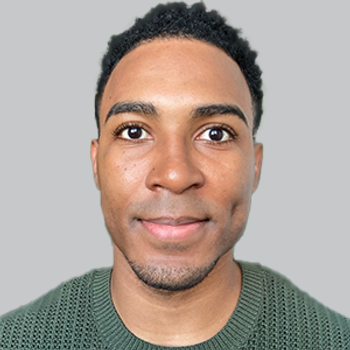
A newly presented actigraphy-based algorithm demonstrated high accuracy in detecting daytime naps, offering insights into napping behavior changes in patients with narcolepsy type 1.
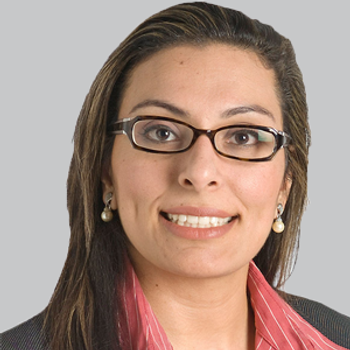
A recent analysis reveals the safety profile of once-nightly sodium oxybate for narcolepsy, highlighting low discontinuation rates and common adverse events.
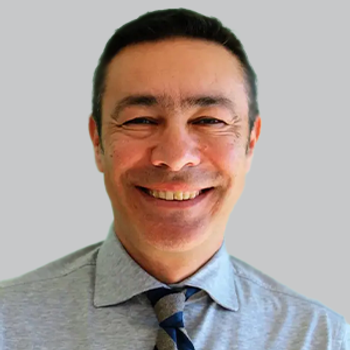
A new study presented at SLEEP 2025 reported that more than one-quarter of pregnant women experienced restless legs syndrome, with prior history of the condition emerging as a significant risk factor.
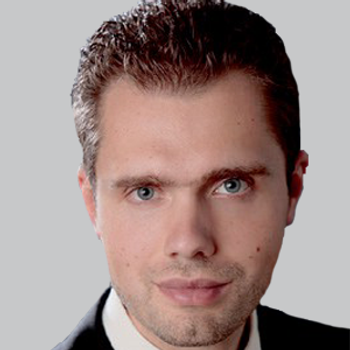
New research reveals solriamfetol significantly enhances neuropsychological outcomes in patients with obstructive sleep apnea and excessive daytime sleepiness.

Recent research reveals that transcranial direct current stimulation (tDCS) shows no significant benefits for insomnia, highlighting the need for larger studies.
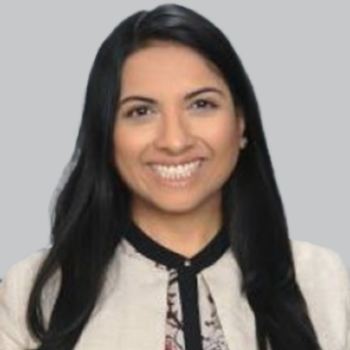
A newly presented study at SLEEP 2025 explored the practicality of various methods, such as the Apple Watch and polysomnogram, for assessing sleep in pediatric patients with Lennox-Gastaut syndrome.

A new study evaluates the effectiveness and safety of once-nightly sodium oxybate for narcolepsy, aiming to enhance patient treatment experiences.
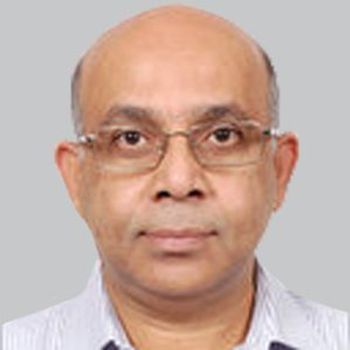
A phase 2 study shows samelisant significantly reduces excessive daytime sleepiness in narcolepsy, paving the way for further research and development.
Sam Hooshmand, DO, assistant professor of neurology at the Medical College of Wisconsin, discussed the complexities of defining, diagnosing, and managing advanced MS.
The associate vice president of research at the National MS Society discussed a growing research initiative focused on defining and promoting evidence-based psychosocial wellness strategies for individuals with MS. [WATCH TIME: 6 minutes]
Ahmed Abdelhak, MD, assistant professor of neurology at the UCSF, discussed the evolving landscape of biomarkers in multiple sclerosis and their potential to transform remyelination approaches.
The executive director of The Sumaira Foundation discussed a newly funded international trial assessing both approved and off-label NMOSD therapies to better inform treatment decisions and patient care. [WATCH TIME: 2 minutes]
New data reveals RGX-202 gene therapy shows significant improvements in Duchenne muscular dystrophy patients, enhancing disease management and safety.

Phil Lambert, PhD, chief scientific officer at Satellos Bioscience, discusses the rationale and early clinical progress of SAT-3247, a novel regenerative therapy targeting muscle stem cells in Duchenne muscular dystrophy.
The director of the John A. Schafer, MD Multiple Sclerosis Achievement Center at Dignity Health highlighted the significant impact of loneliness in individuals with multiple sclerosis. [WATCH TIME: 6 minutes]

The assistant professor of neurology at the University of California, San Francisco discussed current advancements and ongoing challenges in identifying biomarkers to accurately monitor remyelination in MS clinical trials. [WATCH TIME: 5 minutes]

Josh Bryson, PhD, head of Medical Affairs at Argenx, discussed the safety profile of efgartigimod in light of recent FAERS-based infection data and offered clinical context for patient care.
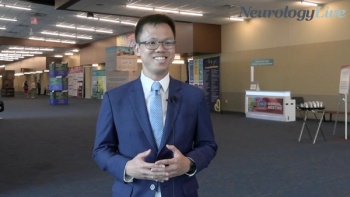
The assistant professor of neurology at Mayo Clinic College of Medicine and Science outlined a case of myelin oligodendrocyte glycoprotein antibody-associated disease from diagnosis to long-term management. [WATCH TIME: 5 minutes]

The associate vice president of research at National MS Society talked about the need for evidence-based wellness strategies in multiple sclerosis, particularly focusing on psychosocial interventions.
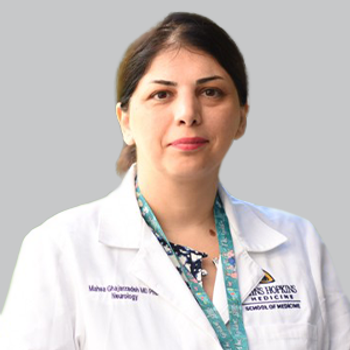
Findings from a late-breaking poster presented at CMSC 2025 suggest that CBT does not improve fatigue severity or impact in patients with multiple sclerosis.
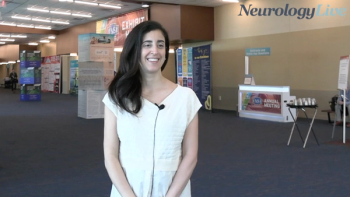
The assistant professor in the Department of Neuroscience at Université de Montréal discussed key clinical factors influencing DMT selection in patients newly diagnosed with multiple sclerosis. [WATCH TIME: 5 minutes]

New long-term data reveals ponesimod's effectiveness in reducing relapses and MRI lesions in relapsing multiple sclerosis patients, ensuring safety over 8.2 years.
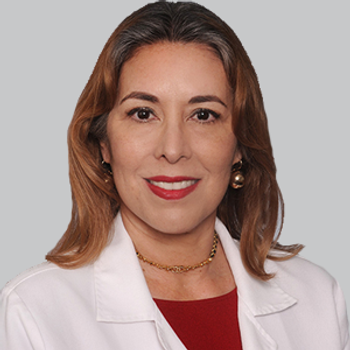
Neurologists advocate for personalized treatment approaches in older MS patients, emphasizing the importance of individual assessment over age-based rules for DMT discontinuation.
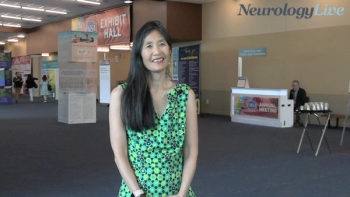
The professor of pediatrics in neurology at the University of Toronto discussed differences in disease course, treatment strategy, and trial challenges of MOG-associated disorders in pediatric versus adult patients. [WATCH TIME: 5 minutes]
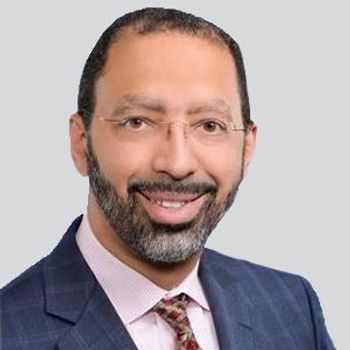
Fenebrutinib shows promising results in reducing relapse rates and disability progression in relapsing multiple sclerosis patients over two years.
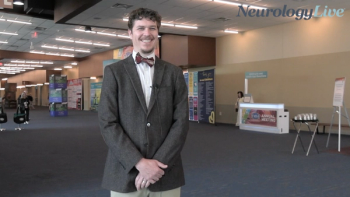
The assistant professor of neurology at Barrow Neurological Institute talked about the lack of public awareness for hypertension among individuals with MS despite many meeting diagnostic criteria. [WATCH TIME: 6 minutes]

A recent study reveals that patients on ofatumumab experience fewer worsening MS symptoms compared to those on ocrelizumab, enhancing treatment stability.

Cladribine shows promising results in reducing relapse rates for patients with relapsing multiple sclerosis after inadequate response to injectable therapies.
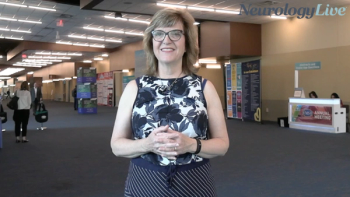
The associate professor of medicine at the Cleveland Clinic Lerner College of Medicine highlighted the importance of early, multidisciplinary intervention for patients with multiple sclerosis. [WATCH TIME: 3 minutes]